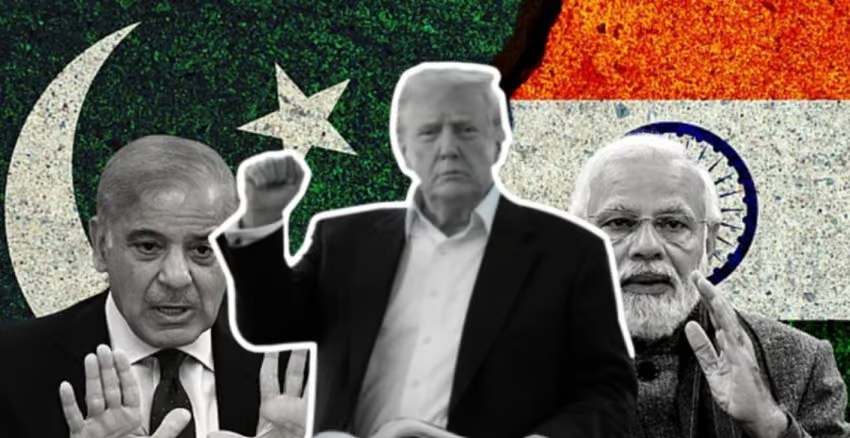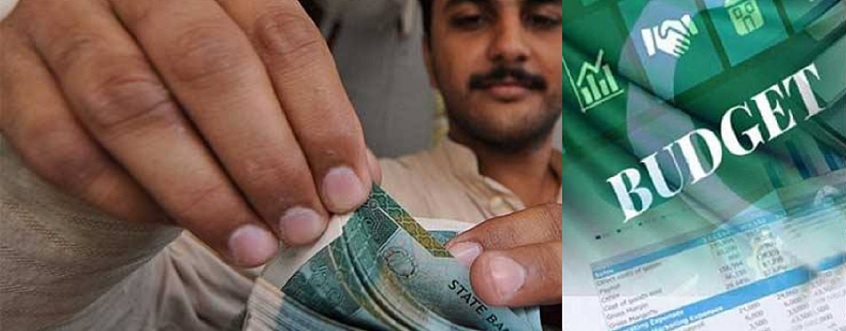In a groundbreaking move toward digital finance, the Government of Pakistan has announced the creation of the Pakistan Digital Assets Authority (PDAA) — an independent regulatory body that will oversee and shape the country’s growing virtual asset ecosystem. This bold step marks a pivotal shift in national policy, placing Pakistan among global leaders embracing blockchain, cryptocurrencies, and decentralized finance (DeFi) with regulatory clarity.
The initiative, spearheaded by the Ministry of Finance, seeks to build a comprehensive, FATF-compliant framework for managing digital assets, including cryptocurrencies, stablecoins, tokenized assets, and blockchain-powered platforms. The PDAA aims to drive innovation, protect consumers, attract global investment, and unlock new economic opportunities.
“Pakistan must regulate not just to catch up — but to lead. With the PDAA, we are creating a future-ready framework that protects consumers, invites global investment, and puts Pakistan at the forefront of financial innovation.”
— Muhammad Aurangzeb, Federal Minister for Finance and Revenue, Chairman of the PCC
A Strategic Leap in Digital Finance
The PDAA will have broad authority over licensing, compliance, innovation, and risk management across the digital asset space. Entities under its scope will include:
-
Digital asset exchanges
-
Custodial wallets and service providers
-
Tokenized asset platforms
-
Stablecoin issuers
-
DeFi applications
-
Legalized cryptocurrency mining operations
This reform aligns Pakistan with countries like the UAE, Singapore, Japan, and Hong Kong, which have already become global centers for regulated digital finance.
READ MORE: Govt Plans Higher Tax on More Luxury Goods in Budget 2025-26
Key Goals of the PDAA
The new regulatory body is expected to fulfill several national and strategic objectives:
-
Regulate an estimated $25 billion informal crypto market
-
Enable tokenization of national assets and sovereign debt instruments
-
Provide legal clarity for global and local investors
-
Promote regulated Bitcoin mining utilizing excess electricity
-
Foster blockchain innovation and startups, especially among youth
“This is not just about crypto — it’s about rewriting our financial future, expanding access, and creating new export channels through tokenization, digital finance, and Web3 innovation.”
— Bilal Bin Saqib, CEO, Pakistan Crypto Council
Ending the Legal Grey Zone
Until now, the absence of regulation had left the crypto industry in Pakistan in legal limbo. Despite growing interest from freelancers and tech-savvy youth, banks and regulators remained cautious. Mounting pressure from international bodies like the FATF and the rising appeal of blockchain-based financial tools finally prompted the government to shift from hesitation to strategic regulation.
The legal structure and operational framework of the PDAA are expected to be finalized soon. Collaborative discussions with global advisors, fintech experts, and local stakeholders are already in progress. The PDAA will function under the Ministry of Finance, working closely with key institutions like the State Bank of Pakistan (SBP), Securities and Exchange Commission of Pakistan (SECP), and Pakistan Telecommunication Authority (PTA).



